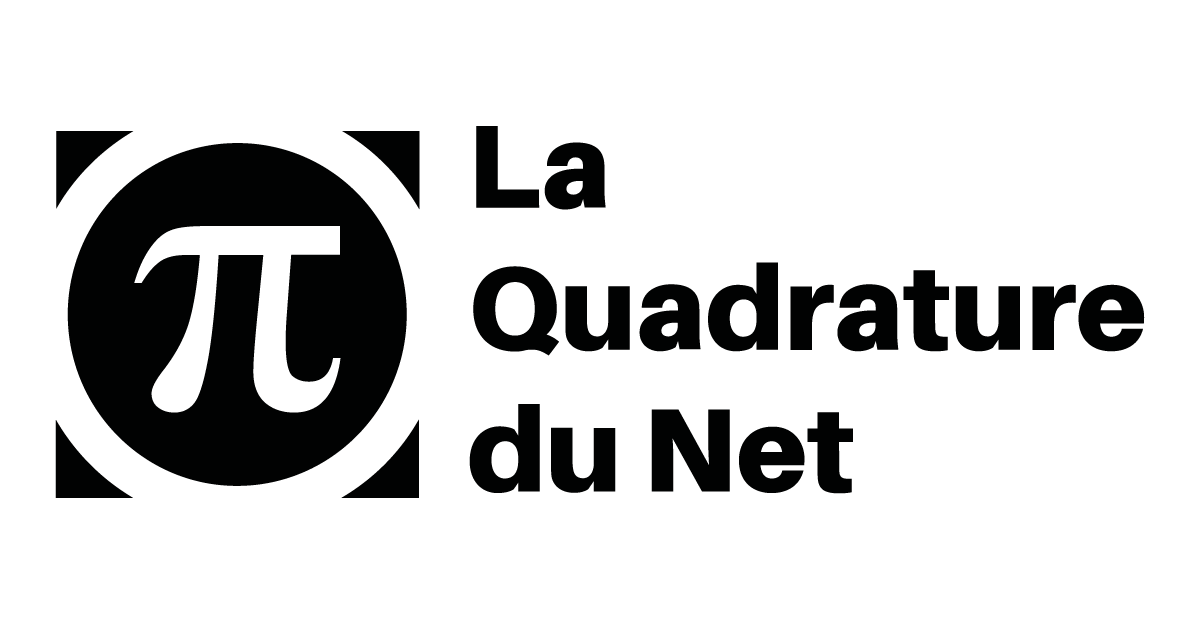Since Spring 4.1, it is really easy to enable JSONP on an API controller:
@RestController
@RequestMapping(value = "/")
public class MyController {
@ControllerAdvice
static class JsonpAdvice extends AbstractJsonpResponseBodyAdvice {
public JsonpAdvice() {
super("callback"); // name of the query parameter to use
}
}
@RequestMapping(value = "/", method = RequestMethod.GET)
public MyAPIResult getStuff(...) {
...
}
}
There is no RFC for JSONP. It is simply a recipe, without any reference document for implementation best practices.
Specifically, error handling can be difficult: if an API return a 4XX or 5XX error, the JSONP callback cannot catch them and will simply never be called, whereas the API actually responded.
In order to fix this, a solution is to make your API handle exceptions differently when a callback parameter is provided, and else to respond with 4XX/5XX HTTP codes as a REST API should do.
For example, in case of an error your API can pass to the Javascript callback an Error instead of a JSON object. The calling code can then react to errors as it wishes:
window.jsonp_callback = function (response) {
if (response instanceof Error) {
...handle API error response
} else {
...handle API successful response
}
}
On the server side, with Spring, this can be accomplished with an @ExceptionHandler annotation:
@ControllerAdvice // Handle exceptions raised in all controllers
class GlobalControllerExceptionHandler {
@ExceptionHandler(NotFoundException.class) // 404
public ResponseEntity handleNotFoundException(NotFoundException exception,
HttpServletRequest request) {
LOGGER.error("Error 404", exception);
return createErrorResponse(HttpStatus.NOT_FOUND,
request.getParameterMap(),
exception.getMessage());
}
@ExceptionHandler(Exception.class) // Catch any other exception -> 500
public ResponseEntity handleException(Exception exception,
HttpServletRequest request) {
LOGGER.error("Error 500", exception);
return createErrorResponse(HttpStatus.INTERNAL_SERVER_ERROR,
request.getParameterMap(),
exception.getMessage());
}
static private ResponseEntity createErrorResponse(HttpStatus errorStatus,
Map<String, String[]> params,
String errorMsg) {
if (params.containsKey("callback")) {
final String jsError = String.format("%s(new Error('%d: %s'))",
params.get("callback")[0],
errorStatus.value(),
escapeEcmaScript(errorMsg));
return new ResponseEntity<>(jsError, HttpStatus.OK);
}
return new ResponseEntity<>(createJsonResponse(errorMsg), errorStatus);
}
static private String createJsonResponse(String errorMsg) {
final Map<String, Object> jsonData = new HashMap<>();
jsonData.put("error", errorMsg);
return StringFormatUtils.multilinesPrettyFormat(jsonData);
}
}














